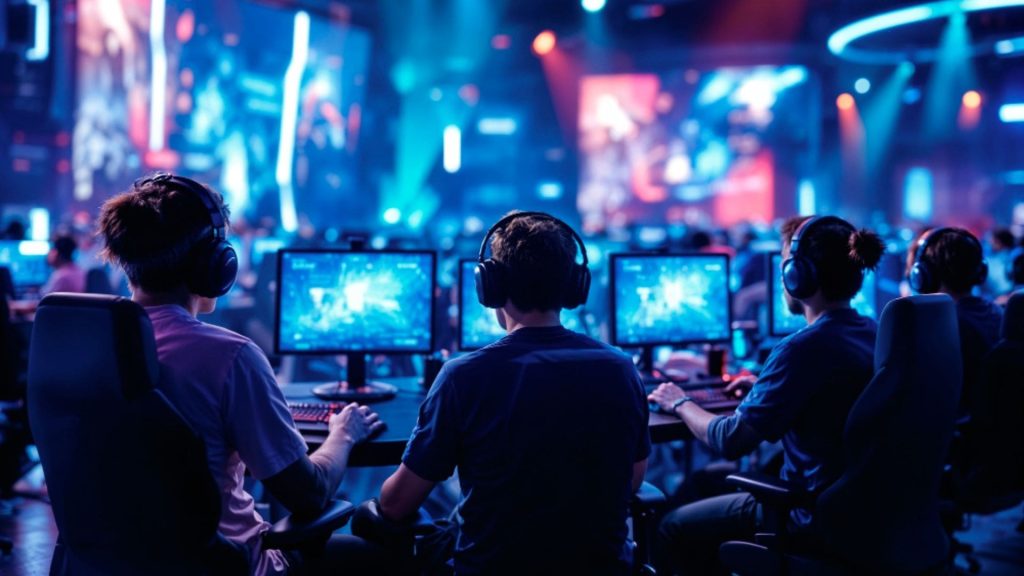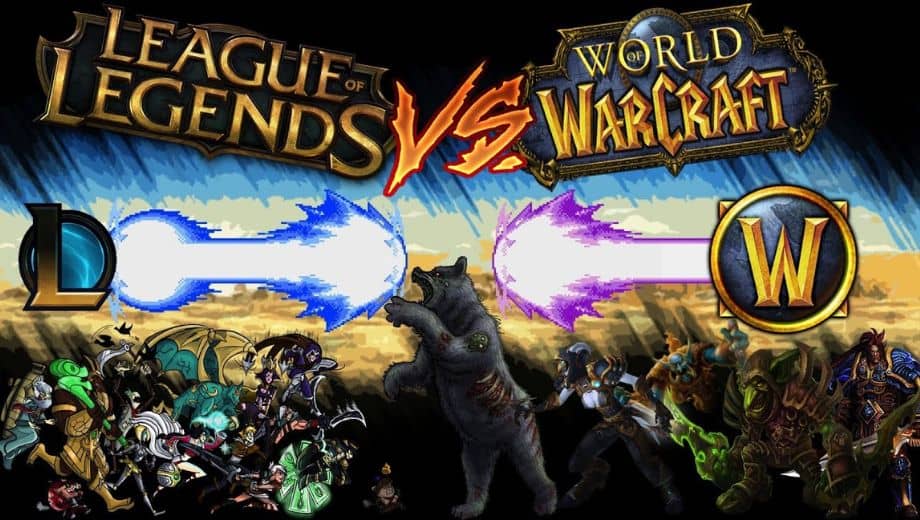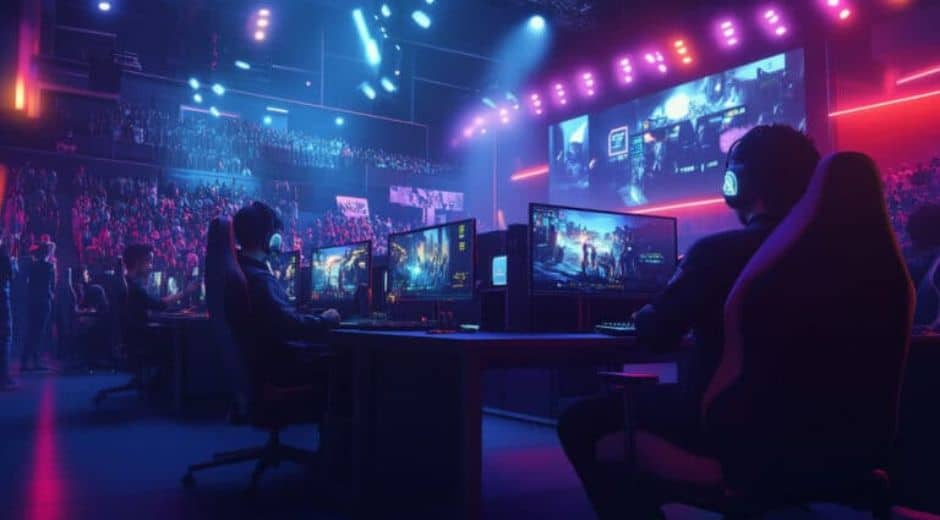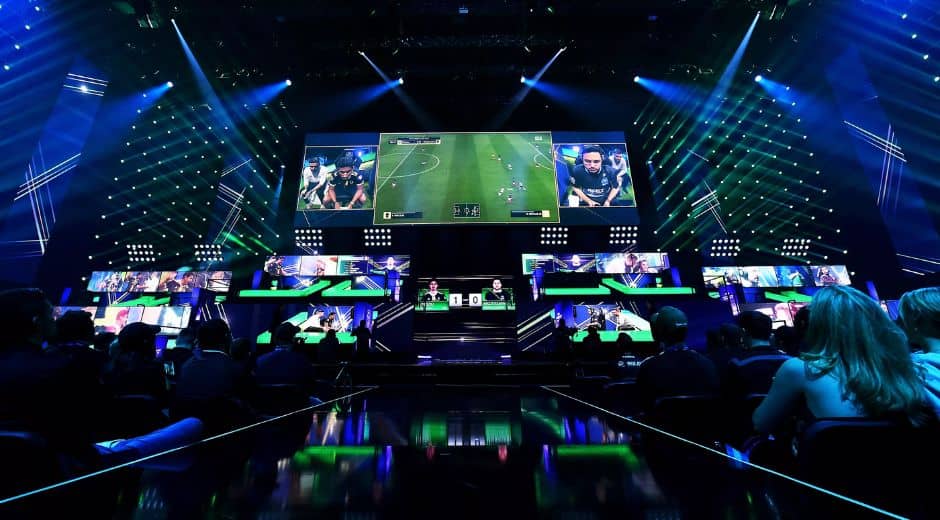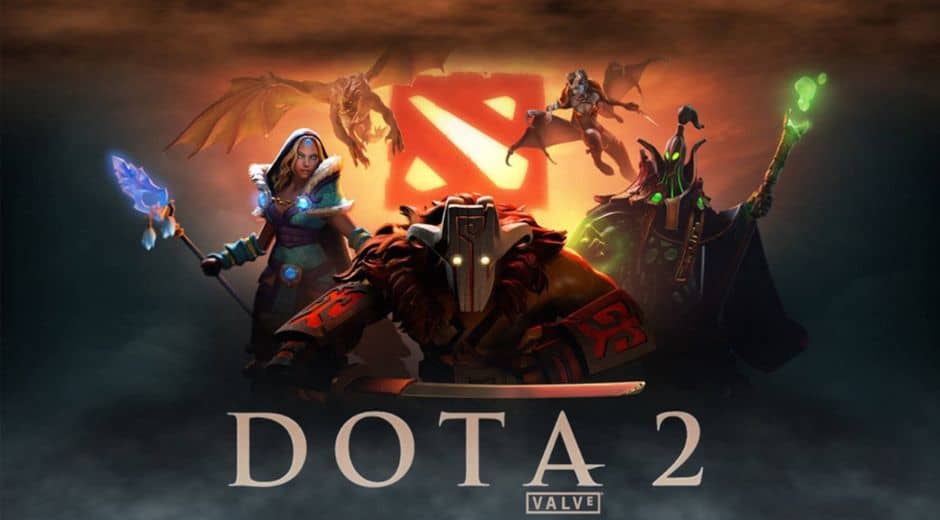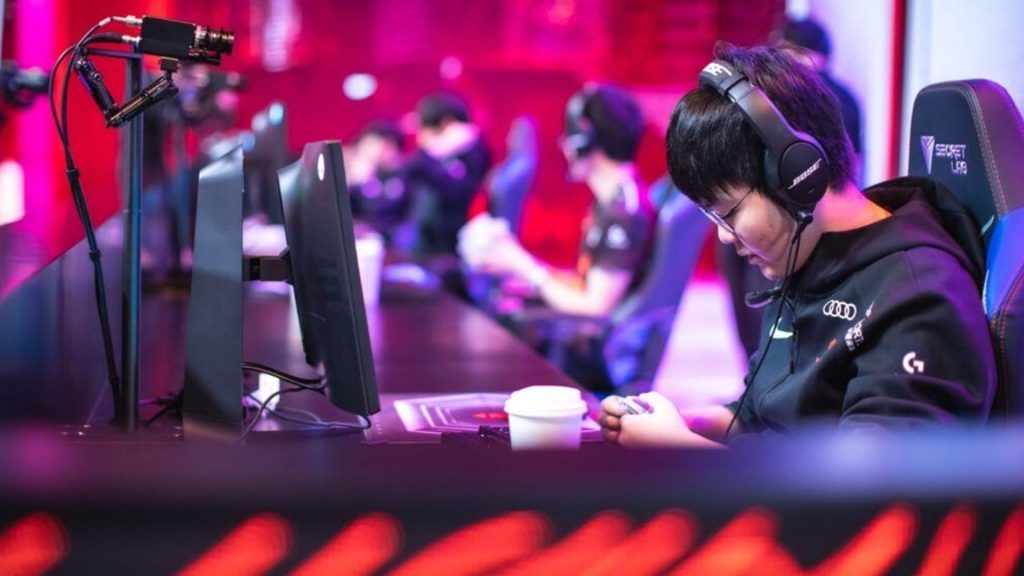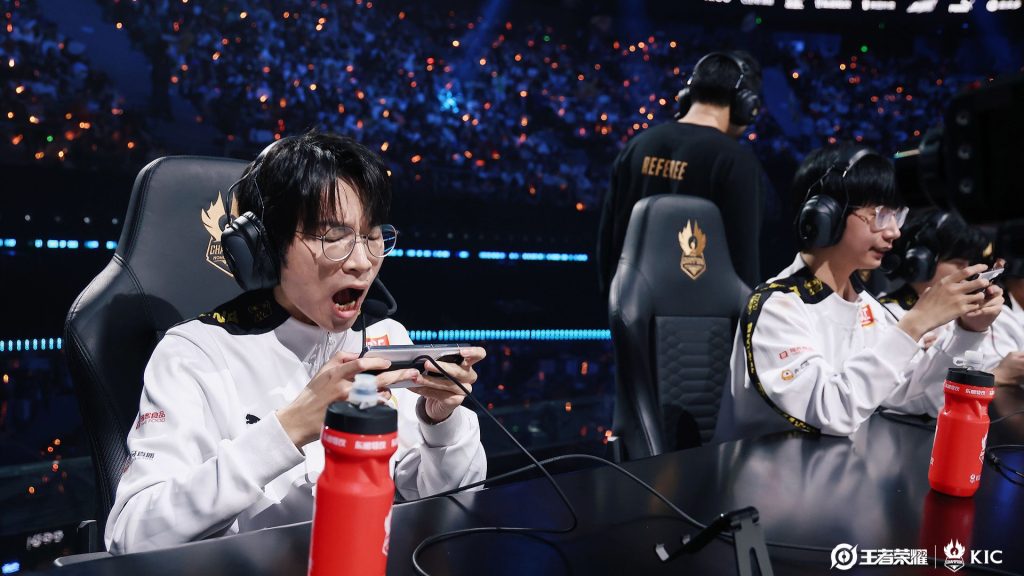ROG Xbox Ally: Revolutionary Handheld That Amazes
ROG Xbox Ally: Revolutionary Handheld That Amazes
In the ever-evolving world of e-sports, technology continues to redefine the boundaries of performance and strategy. Over the past decade, professional gaming has transformed from a niche hobby into a billion-dollar industry, attracting sponsors, global audiences, and elite athletes. Now, a new game-changer is taking center stage — AI Coaches. These digital mentors are reshaping how teams train, analyze opponents, and refine tactics in real time.
Unlike traditional human coaches who rely on experience and instinct, AI Coaches are powered by machine learning algorithms that process thousands of hours of gameplay data. They can detect subtle patterns in player behavior, analyze reaction times, and identify performance gaps that might go unnoticed by human eyes. This data-driven approach is revolutionizing e-sports strategy, giving players insights once thought impossible.
The Rise of AI in Competitive Gaming
The introduction of AI Coaches marks a pivotal shift toward analytics-based competition. In popular titles like League of Legends, Valorant, and Counter-Strike 2, teams are using artificial intelligence to study not just their opponents but also themselves. These systems provide feedback on micro-movements, accuracy, timing, and even team synergy.
For instance, AI tools can analyze how players position themselves during critical moments and suggest optimal adjustments to increase winning probability. Teams with advanced setups can simulate full matches using historical data, allowing players to “practice” against AI-modeled opponents.
This technology also benefits amateur and semi-pro players, who can access AI-based performance tools to improve faster. Just like personal fitness trackers revolutionized exercise, AI Coaches are democratizing professional-level feedback in gaming.
Blending Human Intuition with Machine Precision
Despite their growing capabilities, AI Coaches aren’t replacing human experts — they’re complementing them. While algorithms excel at data analysis, they can’t fully capture the human elements of motivation, communication, and creativity. That’s where traditional coaching still shines.
Human coaches can interpret AI data within the emotional context of team dynamics. They understand how morale, confidence, and interpersonal relationships impact performance. Many organizations are adopting a hybrid model, where human and AI Coaches collaborate to design optimal strategies that blend precision and intuition.
Case Studies: Teams Adopting AI-Powered Coaching
Leading e-sports organizations in Asia, North America, and Europe have already integrated AI Coaches into their training programs. Teams like T1, Fnatic, and Cloud9 have reported measurable improvements in player consistency and reaction speed. These AI systems can provide daily summaries of each player’s strengths and weaknesses, helping coaching staff tailor practice routines more effectively.
In one example, a Counter-Strike team discovered through AI analysis that their entry-fragger’s average crosshair placement was slightly below head level, reducing potential one-tap accuracy by 12%. After two weeks of targeted AI-assisted drills, the player’s headshot rate improved by nearly 15%.
Such measurable results highlight why AI Coaches are no longer just experimental tools — they’re becoming essential assets in competitive gaming.
Ethical and Strategic Challenges
As with any technological breakthrough, AI in e-sports brings its share of ethical concerns. Questions arise about data ownership, privacy, and the potential for unfair advantages. Should AI-driven predictions during live matches be allowed? Could constant data monitoring create excessive pressure on players?
Platforms like MovieFil.com have explored similar dilemmas in entertainment, where AI is transforming creative industries. The parallel highlights how both gaming and media must find balance between innovation and integrity.
To maintain fair play, many tournament organizers now regulate how AI Coaches are used. While pre-match data analysis is widely accepted, live in-game AI assistance is often restricted. This ensures that e-sports remains a test of human skill, not machine dominance.
The Business of AI Coaching
The rise of AI Coaches also has significant economic implications. As organizations invest in custom-built analytics tools, new companies are emerging to provide AI-driven training platforms. These services offer tailored data dashboards, virtual scrim simulations, and long-term performance tracking — turning coaching into a scalable digital business.
For investors and startups, the AI coaching market represents a growing opportunity, especially as global e-sports revenues are projected to exceed $2 billion in the next few years. Even lifestyle and tech brands featured on GamingNewsHead have started covering how AI is reshaping digital competition and fan engagement.
Beyond Performance: The Player Experience
Interestingly, AI Coaches don’t just improve statistics — they also enhance the overall player experience. With real-time feedback, gamers can measure progress more clearly and maintain motivation. AI can detect burnout patterns or shifts in focus, alerting managers before fatigue impacts gameplay.
In the long run, these systems may also help address mental health issues within e-sports by providing insights into workload balance and emotional well-being.
The Future of AI in Competitive Gaming
Looking ahead, the next generation of AI Coaches will likely integrate more advanced technologies like neural networks and augmented reality. Imagine training sessions where players wear AR glasses that visualize in-game analytics during practice — a fusion of physical and virtual performance tracking.
Moreover, partnerships between gaming organizations and AI research firms will accelerate innovation. Platforms like BionatureVista and TripBeyondTravel demonstrate how cross-industry collaborations can drive smarter systems — and e-sports is no exception.
Final Thoughts
The future of competitive gaming belongs to those who can harness both human and artificial intelligence. AI Coaches are not just digital assistants; they are redefining what it means to train, compete, and evolve in the digital age.
As technology advances, the gap between human creativity and machine precision continues to narrow. E-sports organizations that adapt early will gain a decisive edge — not just in skill, but in sustainability and innovation.
The integration of AI Coaches proves one thing above all: in the modern era of gaming, success is no longer about who plays the game best, but who learns the fastest.
Gaming Made Simple

Enemy AI Behaviors That Push Players To Adapt And Improve
Enemy AI Behaviors That Push Players To Adapt And Improve

Inventory Management Systems That Make Or Break RPG Flow
Inventory Management Systems That Make Or Break RPG Flow
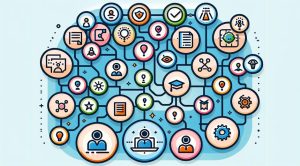
Skill Trees That Redefine How You Build Your Favorite Characters
Skill Trees That Redefine How You Build Your Favorite Characters
